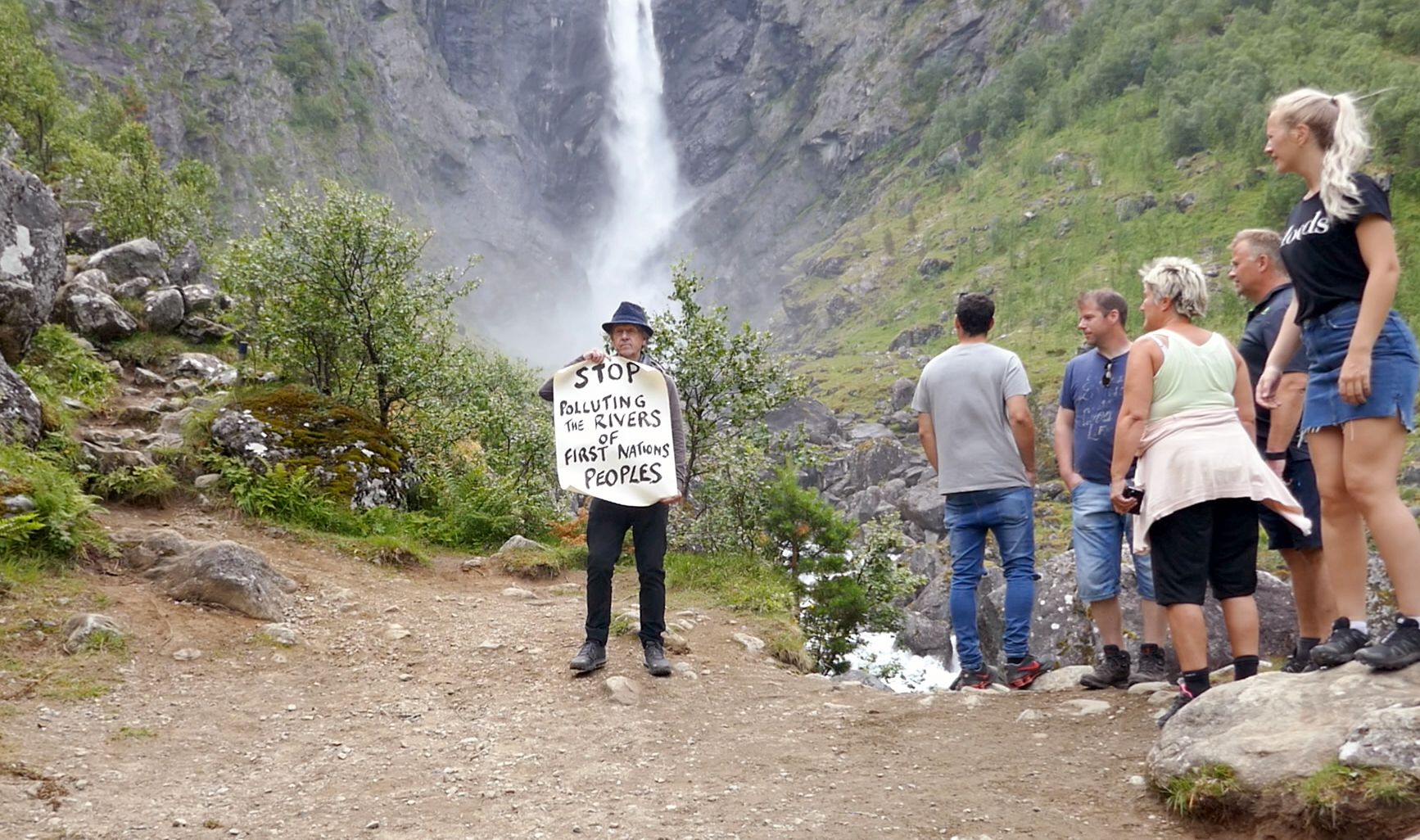On Fri 24 Mar an unusual festival kicks off at Kent and so we spoke to the man behind SHIFT: reframe, reshape.
Richard Layzell is an artist and curator, commissioned by iCCi to look at the University and the people here in new ways. Over the course of 18 months he has delved into departments and divisions, talked to staff and students and the outcome of his conversations is SHIFT – a festival of talks, tours and pop up events on the Canterbury campus.
What inspired you to create this festival?
My brief as an iCCi Associate Artist at is to make connections across the University, in relation to creativity.
Last summer I was having ideas for many events happening in different ways with Divisions and in the landscape, and suddenly had the idea of putting it all together as a festival and the title ‘Shift: reframe reshape’ came to me, as a way to explain that its aims would be to see things, people and places differently.
Were there any key moments or places from the past 18 months in residence at Kent that have shaped SHIFT?
The campus in Canterbury is very particular and unusual. It is so integrated into the landscape and there are so many different styles of architecture across a wide area. Each building relates to when it was designed and who it was designed for. For example, to compare Marlowe, Eliot, Jarman, Sibson and the Medical School, is quite something. And each building has had a communal area designed into it on the ground floor.
I wondered how often people visit other buildings. Do most students only go to the buildings they need for their courses. Do they notice the landscape, the integrated woodland?
Then I started to see the Templeman Library as a really important focus for the campus as a whole, and I wanted to work with them on some events, like the idea of ‘Whispered Word’ readings.
Many events in SHIFT are described as ‘Flectures’. Can you explain what this is?
A Flecture is an alternative approach to an event that involves people as an audience and as participants. It could be something between a lecture and a workshop, but it’s not the same as either of those conventions. It’s full of surprises and changes.
The format of a lecture is really open to question. As part of a seated audience most people’s active attention span is about 20 minutes, which is why TED Talks came to be the length they are, 18 mins. Can lecture theatres be used differently? Are they redundant?
I want Flectures to place audience members, students and presenters in a more dynamic position. I believe everything is open to question – and should be.
Of the events and Flectures planned, what one are you most excited about?
To have a public event with a world-leading scientist in a concert hall, and to be asking him questions he’s never been asked before (about the place of creativity in his research). To have an event about ecology, art activism and the law in an actual law court is also special. But to be honest, I’m excited about everything.
What have you most enjoyed during the creation of SHIFT?
The challenge. Collaborating with people I would never normally meet. Having ideas that suddenly come to mind, sometimes the simplest thing, for example, it just recently struck me that the exhibition Birth Rights is spread across many buildings and it would be good to host a tour of the exhibition for the public and students during Shift, so I’ve pursued that and we’ve been very pleased to have the curator, Helen Knowles, leading the tour in the second week of Shift. I should say that I’m a lecturer myself. I really value students and would like them to feel that they are the heart of the University.
SHIFT runs from Mar to May and details of all events can be found on the Gulbenkian website. Click here to go to the SHIFT festival page.

